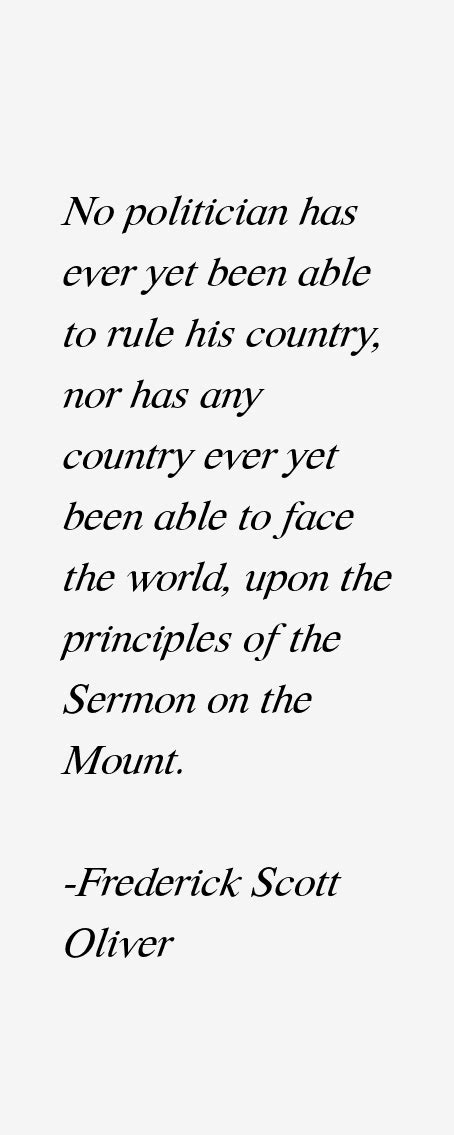A Quote by Michael Ignatieff
An intellectual may be interested in ideas and policies for their own sake, but a politician's interest is exclusively in the question of whether an idea's time has come.
Quote Topics
Related Quotes
No thought, no idea, can possibly be conveyed as an idea from one person to another. When it is told it is to the one to whom it is told another fact, not an idea. The communication may stimulate the other person to realize the question for himself and to think out a like idea, or it may smother his intellectual interest and suppress his dawning effort at thought. But what he directly gets cannot be an idea. Only by wrestling with the conditions of the problem at first hand, seeking and finding his own way out, does he think.
In academic life, false ideas are merely false and useless ones can be fun to play with. In political life, false ideas can ruin the lives of millions and useless ones can waste precious resources. An intellectual's responsibility for his ideas is to follow their consequences wherever they may lead. A politician's responsibility is to master those consequences and prevent them from doing harm. Michael Ignatieff, a former professor at Harvard and contributing writer for the magazine, is a member of Canada's Parliament and deputy leader of the Liberal Party.

































